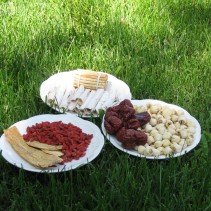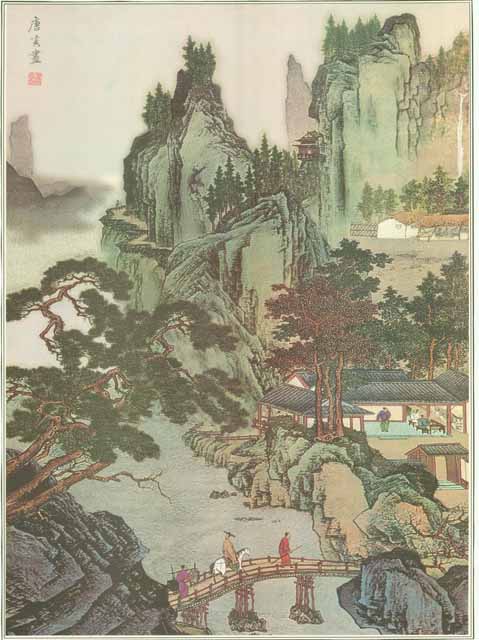
Chinese Medicine, also called herbal medicine, is derived mainly from plants; certain other Chinese medicines are from animals and minerals as well. Based on clinical needs, certain herbs are from whole plants, but others may only come from flowers, fruits, leaves, stems, skins of the fruits or seeds. For the best clinical results, the time of harvesting the plants and the geological location of the plants are very important.
Preparation of herbal medicine is a piece of art as well as science. The training and skills of the herbalist are essential for the herbal medicine to release the most potent effects. There are many classical formulas passed down from famous Traditional Chinese Medicine doctors from ancient times. These formulas are still used today by the Traditional Chinese doctors all over the world. The formulas were created based on Chinese Yin and Yang principle, the Five elements principle, and each herbal features. Many herbal medicines are mutually beneficial to each other, but other herbs do not getting along with each other.
Each herb has many different features. Chinese herbology focuses on the herb’s smell, taste, the location it will stay in the human body, and the direction it will work the body energy. Also there are many forms of herbs. The forms include: soup, pill, ointment, dust and tincture.
The classification of herbal medicine is based on the effects it can induce within the human body. There are four common classes of herbs: Coldness producing herbs, heat producing herbs, warmth producing herbs and coolness producing herbs. Early herbalists tested each herb and described the flavor of each. These flavors include: Spicy, Sweet, Sour, Bitter, Salty, Not Salty and Astringent. The Herbalists thought different parts of the human body preferred their unique flavors; therefore each herb will have its unique target of its effect. In addition, herbs can mobilize the flow of human energy. There are four directions: upward, downward, floating and settling.
The soup form of herbal prescription is the most common form. It requires certain procedures of how to get the soup from several herbs. The basic purpose would be to have the effective components dissolved in water so that the human body can easily absorb the treatment. Different forms of herbal medicine may have their unique application.
The clinical application of Chinese Medicine is very broad. It can be used in all the medical specialties. The benefits are more pronounced in treating chronic medical conditions since it seldom has side effects. Certain herbs are ‘magic’ solution for acute conditions as well. Sometimes the herbs can be prepared with food to facilitate recovery.

